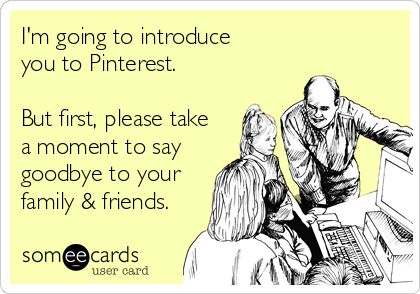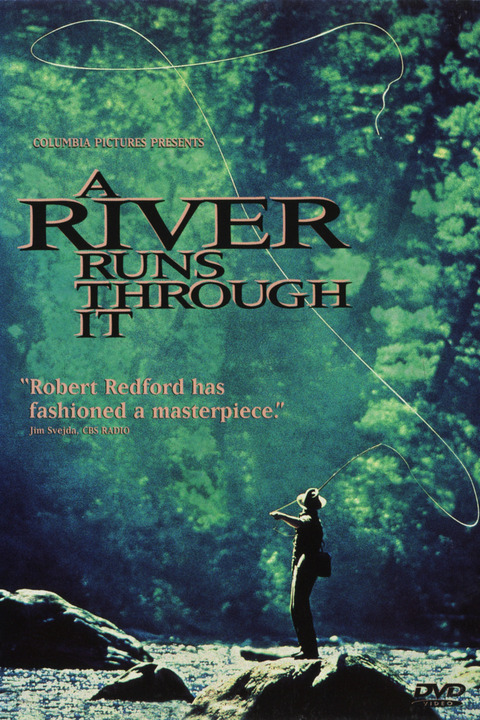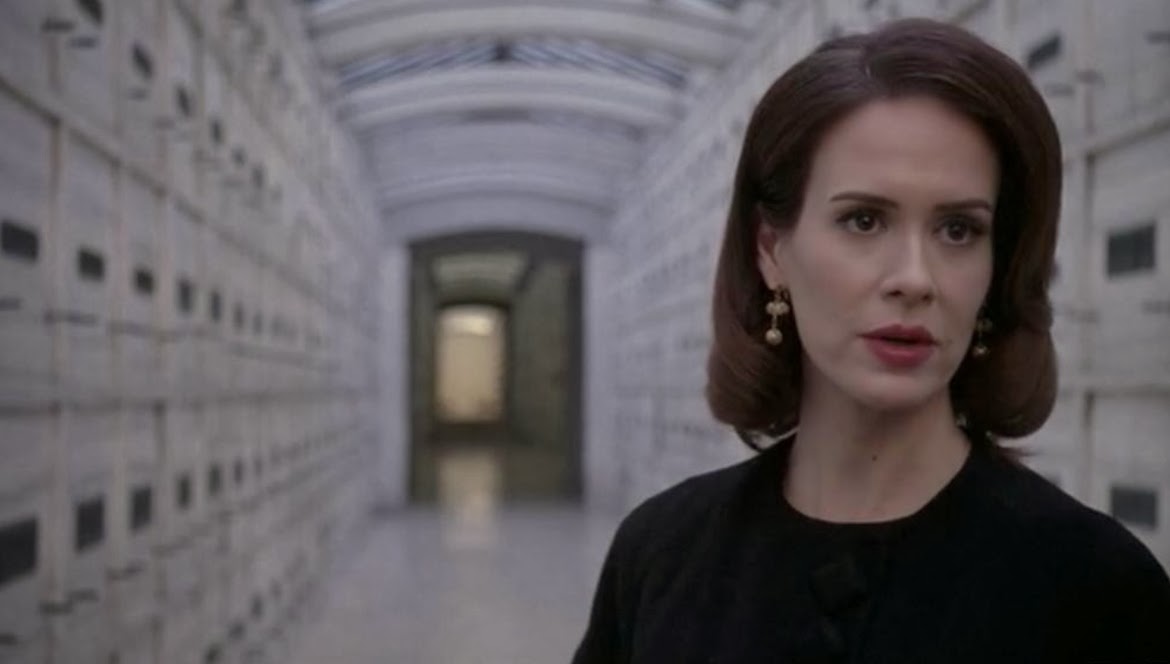So the other day, my lovely bride and I watched the critically-acclaimed Robert Redford film A River Runs Through It. Any of you who have been alive since the late 80's or so will have heard of this film. I remember it being very well-received when it came out, and people talked about it a lot.
Somehow, I never saw it. It was one of those classics I just missed along the way. That's happened a lot in my life.
For the last few weeks, whenever we watch a movie, I try to analyze its story structure. Most of the time, I even pull up this little list I keep in my phone, to track the writer's use of archetypal scenes that tend to appear in properly structured stories. It's by no means an exhaustive or universally applicable list, but these scenes are general enough and familiar enough that this structure can be applied to
most movies and novels out there, whether the writer was aware of it when they wrote the story or not. (For a complete look at my list,
check out my series on Story Structure)
So as we watched the tale of the Maclean brothers, I was on the lookout for a clear three-act structure, a revealing midpoint scene, and some sort of character arc expressed in a handful of key scenes.
To be frank, I found none of this. Instead, I found a lot of narration about what the world was like in the eras the story is set in (nearly all of which was crammed into the first third of the film), and not a whole lot of scenes that show us what the world was like in those eras (Post WWI, into the Prohibition Era). Not only did the first part of the movie rely too heavily on narration, but there didn't seem to be any main plot established.

There were a few scenes in the first half of the movie where I thought "Oh, this is what this movie is going to be about", but none of them really ever led to anything. When Brad Pitt's character Paul brings a Native American girl to the speakeasy, I thought maybe this was going to be a movie about racism. But after that scene, the town's disdain for Native Americans is never mentioned again. There was a scene where Craig Scheffer's character Norman comes to bail brother Paul out of jail, and the policeman on hand says that Paul has been spending a lot of time in the local lock up, drunk. So I thought maybe the movie was going to be about Paul's downward spiral. But then the movie spends a good third of its length dealing with Norm's life, which is, frankly, pretty boring. Paul pops in every once in a while to remind us he's still troubled, but we never really see any of his troubles up close and personal. In fact, they're mostly hinted at, and never openly discussed. In the closest thing to a climactic scene I could find, we see Paul taking Norm to some bar/casino/brothel where he is clearly on the outs with the proprietors. Paul gets into a short-lived, apparently consequence-free scuffle, and the pair leave. Paul then decides he must go back in and gamble, and Norm leaves. Whatever conflict existed there, we the audience don't get to see. Later in the movie, the narrator mentions in passing that Paul gets shot--over what, they (and we) never find out.
Basically, the entire plot of the movie happens off-stage, and it happens to a supporting character. Meanwhile, we the audience are subjected to a lot of flowery narration surrounding the rather dull events of the "good" brother's life, and dragged through a series of beautifully shot, but long-winded scenes about how fucking grand fly fishing in Montana is.
I don't even think the fly fishing really serves as a metaphor for the lives of the characters, even though the writer repeatedly labors the point that Paul's technique differs from their father's. We get that Paul marches to the beat of his own drum, but we're never told why we should care.
This film is not a story. It's a photo album. The few shreds of conflict it contains are either passed over or resolved quickly, and the struggles of the characters are told solely by the facial expressions of the actors, never actually involved in anything resembling a plot. Every time you think "oh, this sequence of events is sure to lead to some kind of central plot line" it doesn't. Nothing plot-like endures for more than fifteen minutes or so, and none of the mini-plots connect to each other in any way other than happening to the same cast of characters.
In a word, this movie is boring.
I know myself well enough to know I'm a bit of a contrarian, and I'll admit that there have been a few times in my life where I've decided to dislike popular things simply because of their popularity. But that was the young me, and the older I get, the more I find myself struggling to find the logic of the things I like or dislike. For me, it's not enough to simply feel the way I feel about a particular thing, I must know why I feel that way. And there's always a why, just sometimes you need to learn the technique of a particular art form before you can see the why.
So it is with storytelling, both in books and film. There is a technique and structure that is generally adhered to. Anyone who says that the structure is confining and produces cookie-cutter films is either A) a true genius, or B) an idiot who doesn't understand the rules. I'll let you figure out which is more probable.
In
my post about the four stages of competence, I mentioned that one of the surest signs a person is unconsciously incompetent is that they see no value in the skill in question. Such is the case when someone looks at a list of archetypal scenes (like the one I keep) and thinks that their story simply
must break this mold. I do agree that the rules are meant to be broken, but they are not to be ignored. Successful masters break rules all the time, but they always do so with good reason--in full knowledge of the
why. If you think your story needs to break the rules of proper story structure, and when I ask why you respond "it just does", then you are almost definitely an idiot. Sadly, I think that Norman Maclean, author of the original book, was an idiot.
And I realize that the book is an autobiographical, quasi-fictional memoir.
Anyone who has bothered to learn anything about story structure knows that there are very good reasons for the distinction between fiction and nonfiction. A person's life very seldom makes a good story. Even people who led quite exceptional lives. If Mr. Maclean wished to tell his life's story, he should have done so in the usual way: by writing a nonfictional autobiography, and Redford should have made a documentary about this relatively ordinary man. Instead, in Maclean's unconsciously incompetent avarice, he chose to cast a thin veil of fiction over his life's tale, while steadfastly refusing to learn the forms and techniques of fiction. The result was (I'm sure) a very boring book which I will never read, and a very boring film which I will recommend to no one.
I invite you to decry my heresy below!

















